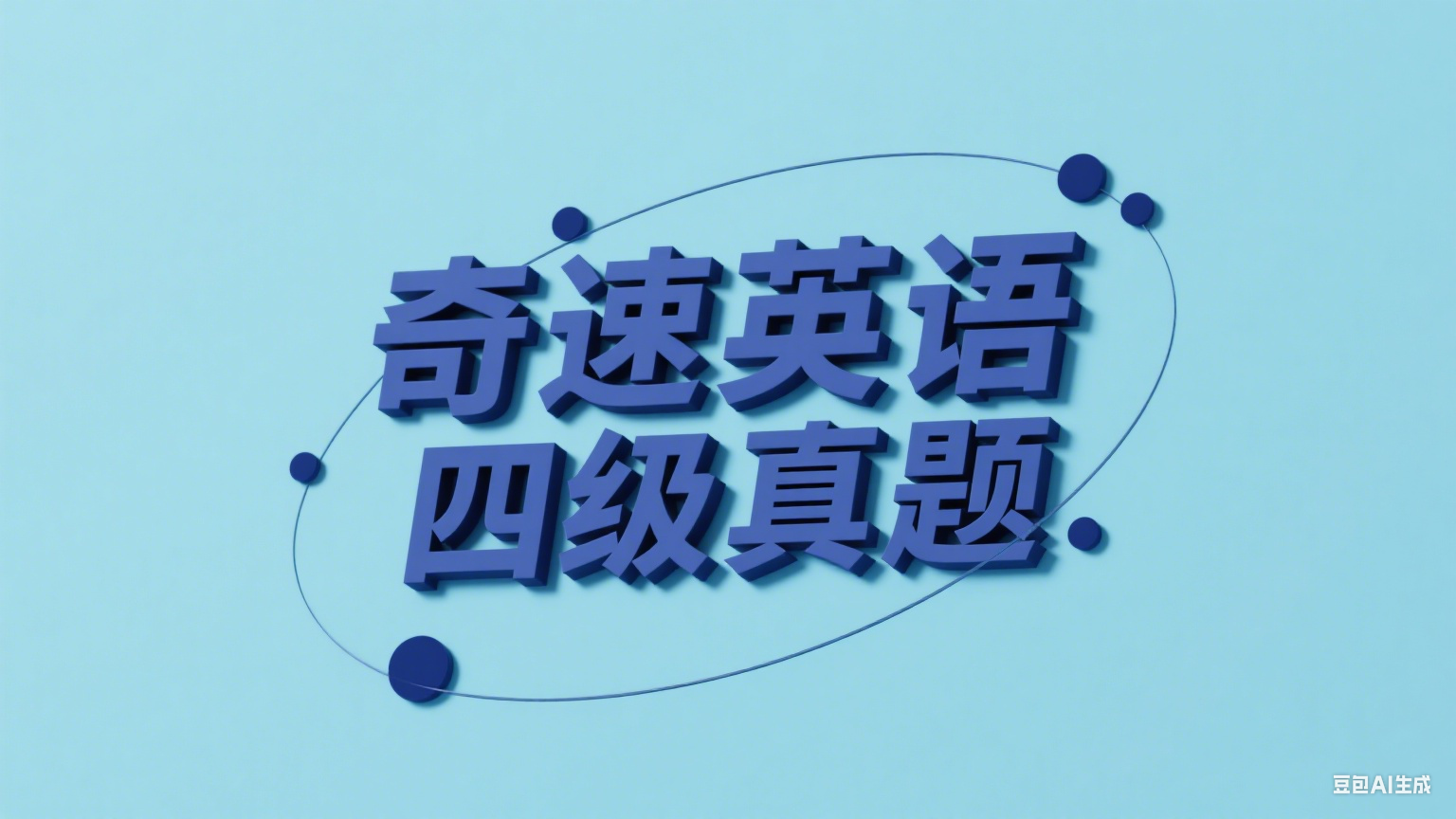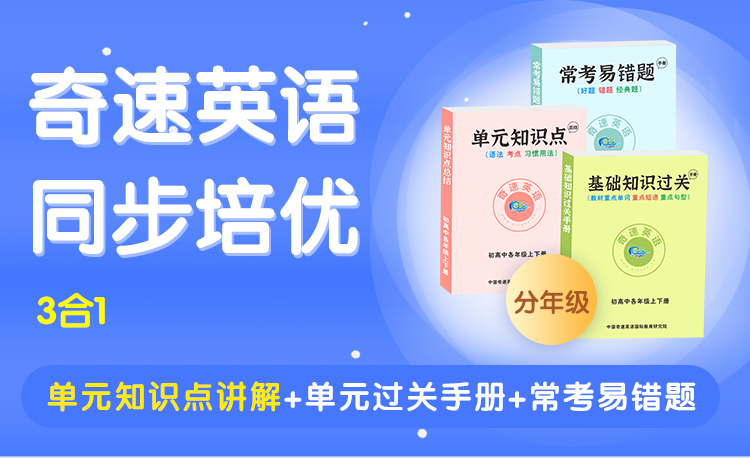
①A multitasker is one who can perform two or more tasks effectively at the same time, which—apart from the obvious differences—is similar to what a computer does. The concept does indeed come from the realms of technology, where it is used to refer to an operating system that can execute multiple tasks at the same time. However, the question is: can a person really be a multitasker?
②For most scientists, the answer is no. So much so that, according to experts in neuroscience (神经系统科学), our brains do not handle multitasking situations well. As soon as two tasks require our attention, productivity suffers. What we call multitasking, therefore, is in reality the ability to move more or less quickly from one task to another. This requires two essential conditions: that one of the tasks needs to be automatic, like walking or eating, and that they both need different mental processes. Answering the phone and writing at the same time, for example.
③However, on the other side of the coin there are people who maintain that it is possible to be, or at least seem to be, multitasking. A recent study concluded that regardless of whether people are actually handling several tasks or not, the mere fact that they perceive this activity as multitasking has a positive effect on their performance.
④The business perspective offers a different view: multitasking is understood as the ability to adapt to all types of environment within a company and effectively undertake different activities within a set time frame. Indeed, many companies look for people who are skilled in multitasking to improve their productivity. From this different perspective, you can not only be multitasking but this ability can also be taught: something that is easier in fluid organisations, which favour flexibility in their working practices.
⑤The benefits of multitasking are clear. Being quicker and more efficient increases our performance and the number of tasks completed. But having to pay attention to several things at once means that the powers of concentration are reduced and that can lead to more mistakes.
1. 1. What does a “multitasker” originally refer to?
A An operating system capable of doing several tasks at once.
B A skilled worker executing more than one task at the same time.
C A sophisticated technology doing several tasks effectively at once.
D An efficient person able to perform multiple tasks at the same time.
2. 2. Why can’t people really be multitaskers according to neuroscientists?
A They are not sufficiently exposed to multitasking situations.
B They are not comparable to mechanical operating systems.
C Their brains do not allow them to multitask.
D Their attention span cannot be expanded.
3. 3. What do we learn from the conclusion of a recent study on multitasking?
A People make greater achievements by maintaining whatever they are doing is multitasking.
B People’s performance benefits from the perception of what they are doing as multitasking.
C People’s active mental processes exert a positive effect on their multitasking.
D People can improve their capabilities by handling multitasking situations.
4. 4. How does the business world view multitasking?
A It is a rare skill often found in fluid organisations.
B It is an adaptable capability required of all workers.
C It is an essential quality many employees lack.
D It is a desirable ability that can be developed.






 更多优质学习内容
更多优质学习内容



